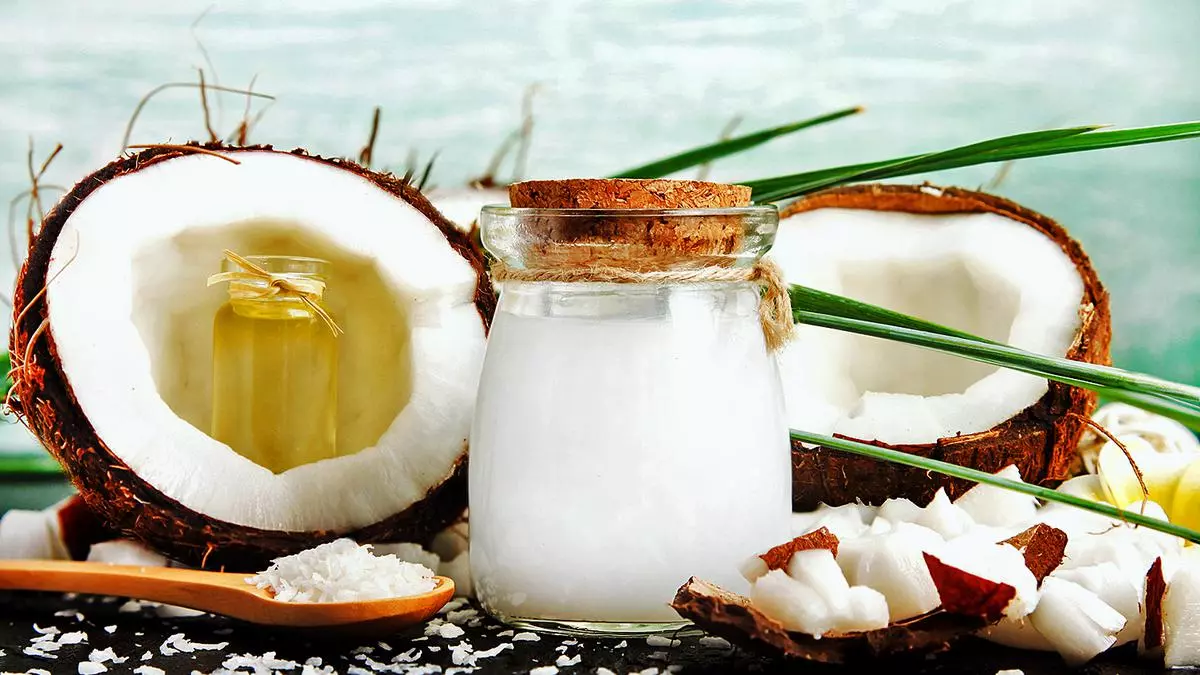Table of Contents
Sliding edible oil prices in the global market have impacted coconut oil with the prices declining to a record low, after a gap of 4-5 years.
Coconut oil prices are down to ₹120 in Kerala’s wholesale market, while they were ₹103.50 in Tamil Nadu. Copra prices are also heading southward at ₹76 per kg in Kerala and ₹71 in Tamil Nadu, figures available with Cochin Oil Merchants Association (COMA) said.
Pinning hopes on Onam
Thalath Mahmood, Director, COMA attributed the reason for the price drop to lower domestic demand and surplus production across production centres. North Indian demand was also subdued for quite some time because of a shift to other cheaper edible oils. Kerala traders are now pinning hopes on the ensuing Onam festival in August for a market revival, but a price rise looks unlikely because of surplus production, he said.
The expected bumper crop of domestic edible oilseeds and the over 25 per cent increase in sunflower oil and palmolein imports during the last few months at lower prices have pushed down the prices of all edible oils in the Indian market, said Devraj KK, a business consultant in Kochi, said.
Coconut oil prices are continuing their downward trend on par with the declining prices of other edible oils. Added to this, coconut and copra producers in Tamil Nadu are aggressively selling their products in Kerala at lower prices. This adds to the woes of the coconut farmers in Kerala. Along with this, the local market is flooded with new brands of coconut oil, produced by the new industrial units which have come up in Kerala. The consumer emerges as the winner, but the coconut farmer is in trouble, he said.
Downtrend to continue
Ubais Ali, Executive Director of Mezhukkattil Mills, said prices of all agri commodities in the international market are down after Covid and the downward trend would continue for some more time. For instance, copra prices in other producing countries are ruling lower than Indian produce, prompting importers to source from overseas to meet their production requirements.
Normally, the price of a commodity would go up depending on the rising demand and a weak supply side situation. However, the situation is quite different as far as copra market is concerned, he said, adding that the commodity prices should be determined mainly on demand-supply situation and not on by offering any incentives.
He said trade’s anticipation of the availability of 40,000 tonnes of copra procured by Nafed anytime in the market now is also impacting the prices. Copra is a perishable commodity and authorities cannot hold it for long.



.png#keepProtocol)




.png#keepProtocol)
More Stories
Level Up Your Career With These 7 Professional Development Tips
Donald Trump Gets a Solution to His Cash Problem
Crypto Exchange Gemini To Refund $1.1B To Earn Program Customers